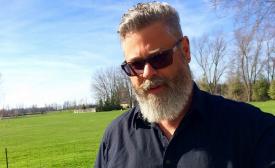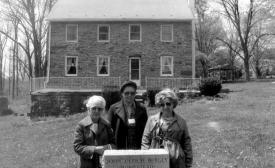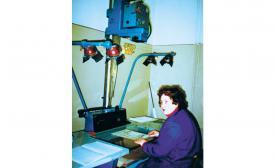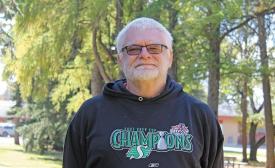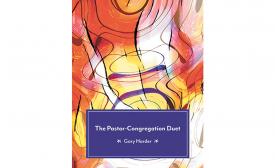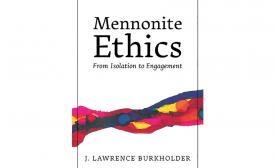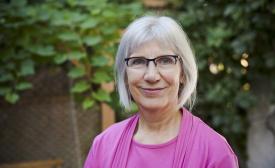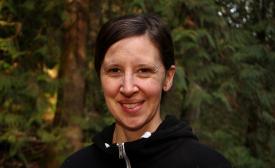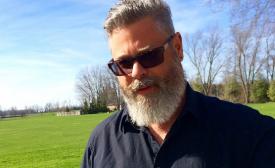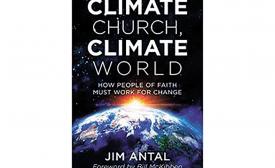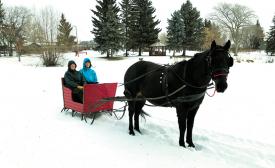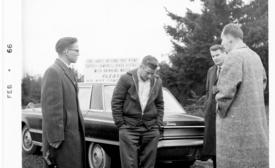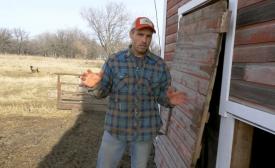Can we talk about MAID?

“I wondered if pacifist Christians, who hold a strong commitment to preserving life, had the capacity to consider the possible merits, even mercy, in assisting someone to die. I wondered about how a theology of suffering, redemptive suffering even, so basic to Christianity, would inform the choices we make.”—Melissa Miller
In June 2016, the government of Canada enacted legislation that enabled eligible adults to seek medical assistance in dying (MAID). At the time, I followed some of the debate with many questions and a mixture of hope and dread. My questions included the incongruity of lodging the matter with healthcare professionals, who are committed to saving and serving life.

